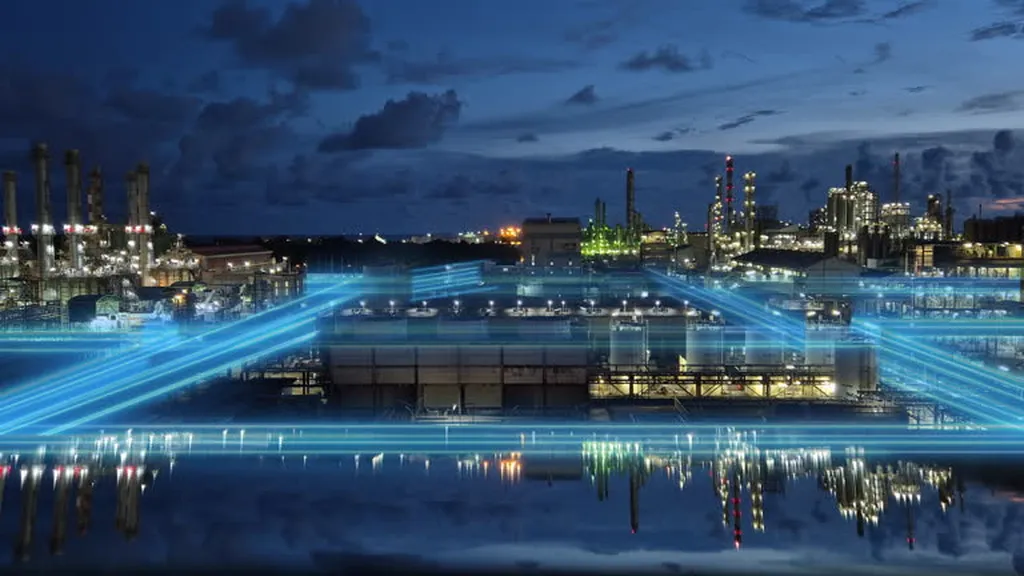In the quest to decarbonize our homes and reduce reliance on traditional power grids, a groundbreaking study published in the IEEE Open Journal of the Industrial Electronics Society offers a promising solution: a comprehensive AI-based digital twin model for residential hydrogen-based energy systems. This innovative approach, led by Laura Rodriguez de Lope from the Communications Engineering Department at Universidad de Cantabria in Santander, Spain, could significantly enhance energy efficiency and foster energy independence in the residential sector.
The study addresses a critical need in the energy sector: the residential sector accounts for a substantial portion of greenhouse gas emissions, and innovative solutions are required to mitigate this impact. By integrating renewable energy sources and hydrogen-based technologies, the research presents a pathway to achieve energy self-sufficiency. The digital twin, powered by artificial intelligence techniques, serves as a virtual replica of physical energy systems, enabling real-time monitoring, prediction, and optimization.
Rodriguez de Lope and her team implemented the digital replica using both logical behavior and machine learning techniques. The models were validated using real data collected from an electrically self-sufficient social housing project in Novales, Cantabria, Spain. The results were promising, with the digital twin accurately mimicking the behavior of the physical energy system. “The behavior of the proposed solution accurately mimics the one shown by the physical counterpart,” Rodriguez de Lope noted, highlighting the potential of the digital twin as a valuable instrument for enhancing the efficiency of renewable hydrogen-based energy systems.
The implications of this research for the energy sector are substantial. Digital twins can provide energy companies with a powerful tool to optimize the performance of residential energy systems, reduce costs, and minimize environmental impact. By enabling real-time monitoring and predictive maintenance, digital twins can help prevent system failures and extend the lifespan of energy infrastructure. Moreover, the integration of hydrogen-based technologies offers a clean and sustainable alternative to traditional energy sources, contributing to the global effort to mitigate climate change.
As the world transitions towards a low-carbon future, the role of digital twins in the energy sector is set to become increasingly important. The research conducted by Rodriguez de Lope and her team represents a significant step forward in this field, offering a comprehensive architecture for AI-based digital twins that can enhance the performance of residential hydrogen-based energy systems. With further development and implementation, this technology has the potential to revolutionize the way we manage and optimize energy consumption in our homes, paving the way for a more sustainable and energy-independent future.
The study, “A Comprehensive AI-Based Digital Twin Model for Residential Hydrogen-Based Energy Systems,” was published in the IEEE Open Journal of the Industrial Electronics Society, a prestigious publication that showcases cutting-edge research in the field of industrial electronics and energy systems. This research not only advances our understanding of digital twins and hydrogen-based energy systems but also opens up new possibilities for innovation and commercial impact in the energy sector.

